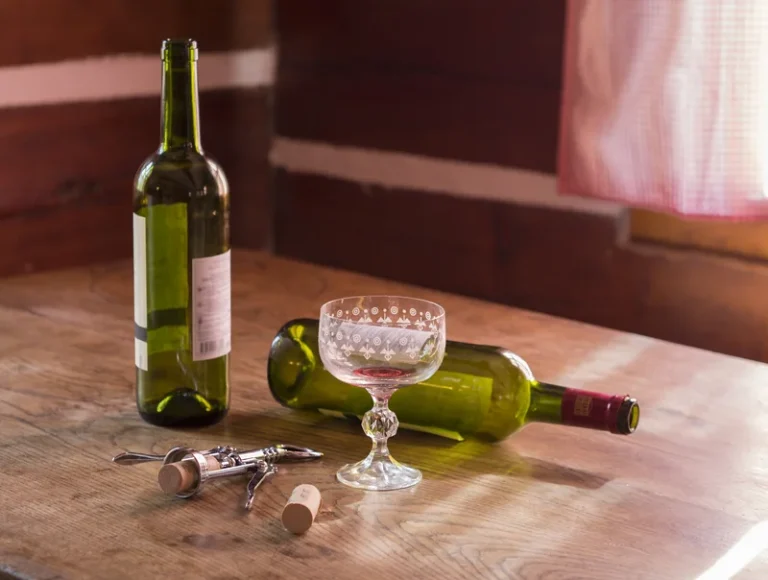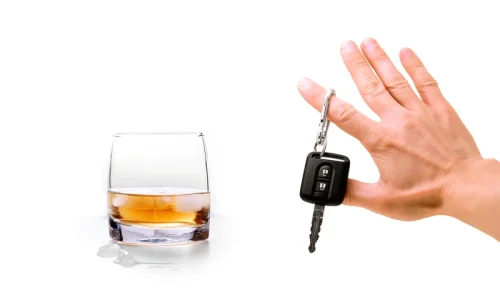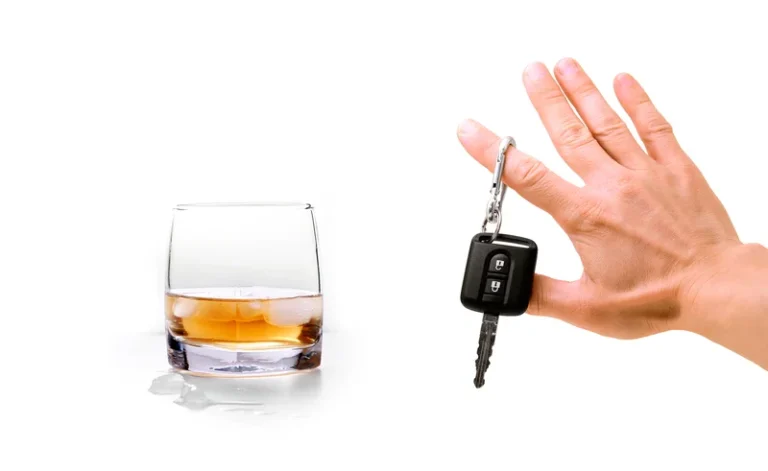Dealing with Alcoholism Denial: Signs and Ways of Recovery

Imagine you have an orange-tinted pair of glasses on- everything will look orange, right? Similarly, due to these neurological factors, people with alcoholism may not perceive or understand how deeply their drinking problem affects them and those around them. By dismissing the issue, they avoid acknowledging that their drinking has become problematic and refuse to engage in meaningful conversations about seeking help or making changes.
Learn more.

Research shows that excessive and chronic drinking changes the chemistry in the brain and can lead to impulsive behaviors, poor decision-making, strong cravings, and pleasure-seeking. Alcohol dims down how we see the world and can cause cognitive delays. Blaming outside factors allows the person to avoid confronting the reality of their drinking problem and, drug addiction treatment therefore, allows them to live in denial. People might convince themselves or others that their drinking falls within the “normal” range. It’s because they don’t have up-to-date information on what constitutes excessive alcohol consumption.
Signs Of Denial In Alcoholism
When it comes to overcoming alcoholism denial and taking the necessary steps toward recovery, finding the right support is crucial. It’s essential to convey a message of hope to your loved one struggling with alcoholism denial. Let them know that there are ways they can overcome their addiction and live a fulfilling life once again.
- Researchers estimate that up to 50% of people who would benefit from personalized care remain unaware that resources are available.
- Even red wine, which is most often cited as beneficial due to the presence of resveratrol, a compound found in grape skins, does not have a meaningful impact.
- Those with “closet” AUD turn to alcohol as a means of escaping or numbing the difficulties they face in their personal or professional lives.
- Rationalizing means coming up with justifications or excuses as to why they use alcohol.
Dealing with addiction denial
- He said that historically, he had been a social drinker and was usually a very social person.
- Those who binge drink are 14 times more likely to drive a motor vehicle while impaired, compared to those who do not.
- One of the biggest barriers to recovery from alcoholism is the symptom of denial.
- Recognizing denial as the first step in addressing alcoholism is crucial.
Secondary denial is when a family member or friend enables their loved one’s drinking behaviors to cover up and hide their addiction. In other words, they are in denial that their loved one is struggling with an alcohol use disorder. Instead of setting boundaries for your loved one, an enabler may try to rescue and protect them by covering up their drinking or the consequences that stem from their drinking. Individuals experiencing alcohol use disorder exhibit diverse patterns of alcohol consumption and disclosure. While some openly display their drinking behaviors, others adopt varying degrees of concealment. Those described as “closeted” go to great lengths to hide their alcohol use from those around them, including intimate partners, colleagues, and family members.
- The ultimate goal of an intervention is to motivate your loved one to seek addiction treatment.
- Alcohol dims down how we see the world and can cause cognitive delays.
- Sometimes, it may be easier for your loved one with alcohol use disorder to avoid talking about it completely.
- (The Life Process Program is inexpensive.) They include the choices listed below.
- According to the 2019 National Survey on Drug Use and Health,about 14.5 million people have an AUD, and yet only 7% received treatment that year.
- Research suggests that denial may be experienced by people with alcohol use disorder.
What if your loved one refuses?

Alcoholism denial refers to the psychological defense mechanism that allows individuals struggling with alcohol addiction to refuse, minimize, or rationalize their drinking habits. It’s like putting on a pair of rose-colored glasses and refusing to see the negative consequences that arise from excessive alcohol consumption. Many people with alcohol addiction lie to hide their drinking habits or the severity of their addiction.

Alcohol is one of the most prevalent substances taken throughout the U.S. In Marin County, 19.3% of residents reported binge drinking during 2022. Those who binge drink are 14 times more likely to drive a motor vehicle while impaired, compared to those who do not. “I would self-justify that I didn’t have a problem because I didn’t drink at work, I didn’t drink before I went to work, I didn’t drink when I was on call, so I could control it,” Schenewerk said. He pointed out that if he was drinking 4 bottles of wine a night and up until 2 AM, he was legally intoxicated most likely every day he went to work during that time. The ultimate goal of an intervention is to motivate your loved one to seek addiction treatment.
- Below, we explore five reasons why a person might be in drug addiction denial.
- In this guide, we will break down what addiction denial is and help you understand how to support your loved one in getting the help they need.
- It is important to continue to educate ourselves, our loved ones, and our community about the dangers of alcohol and the fact that alcoholism is a disease.
- Certain traits, such as independence and perfectionism, can add to a person’s hesitancy or reticence to seek help, says Grawert.
- If you know someone in denial about their alcohol disorder, here are some tips on how to talk to them.
- When discussing their issues, gently ask them about any challenges they may be facing that could possibly be related to their drinking habits.
Resources on Alcoholism and Denial

The first step to treating alcoholism is to complete a detox programme. This is an effective way to treat the physical side of addiction, as it will flush all traces of alcohol from your system. While you should not put too much responsibility on yourself to help an alcoholic in denial to see the truth, it’s natural that you may want to do anything you can to help.
Denial as a Symptom of Alcoholism
For this reason, loved ones must know how to talk to an alcoholic that’s in denial. The cliche “the first step is admitting there’s a problem” exists because it’s true. Without acknowledgment of the alcoholics in denial addiction, there is no desire to get help. Understanding denial is a first step toward helping your loved one with alcohol use disorder. When you realize denial is a coping mechanism, you may feel less frustrated with the behaviors you’ve seen. Although denial is commonly seen in alcoholism, it does not always have to be present, nor is it part of the criteria to be diagnosed with alcohol use disorder.